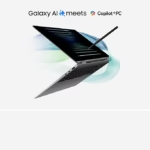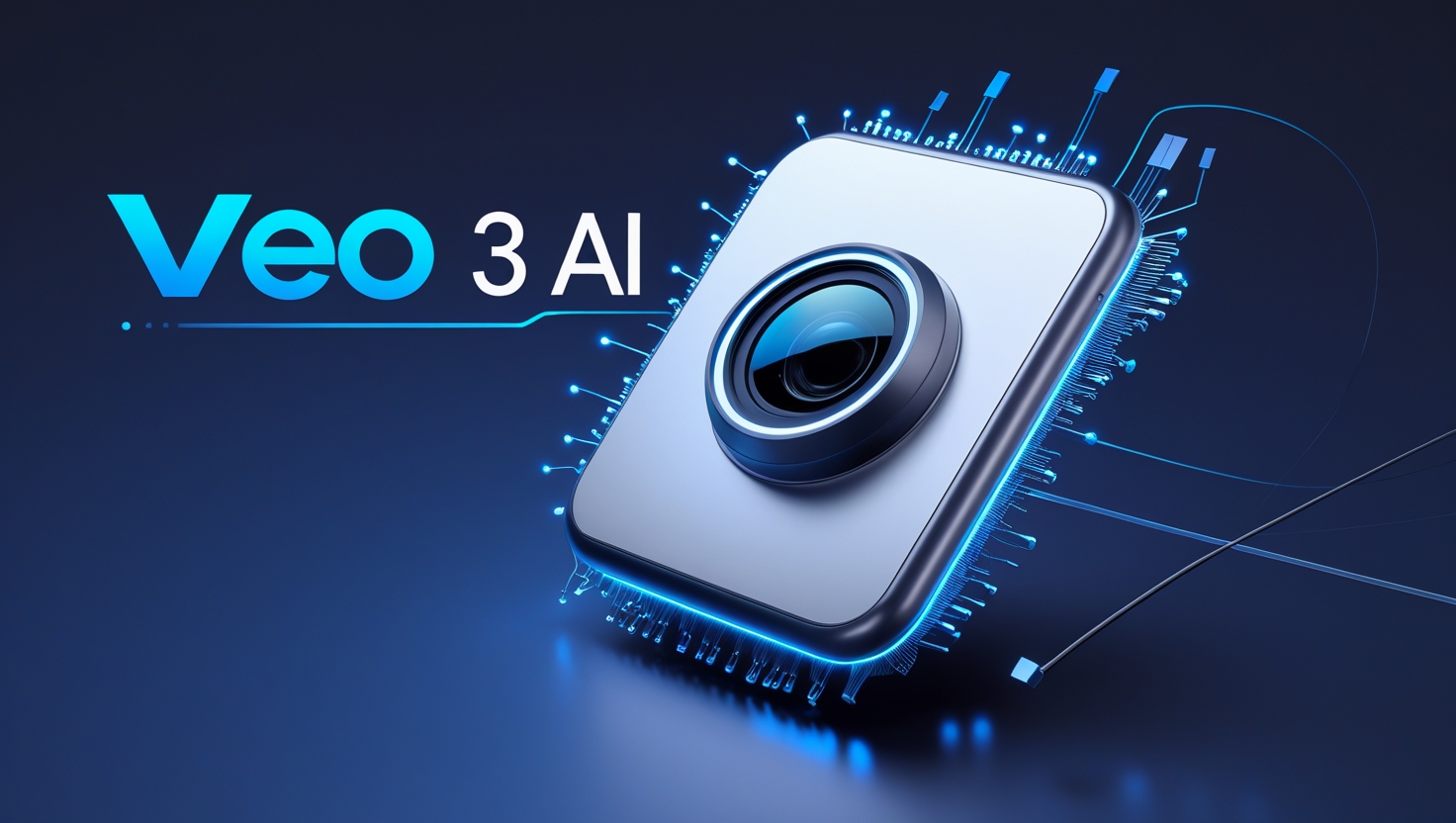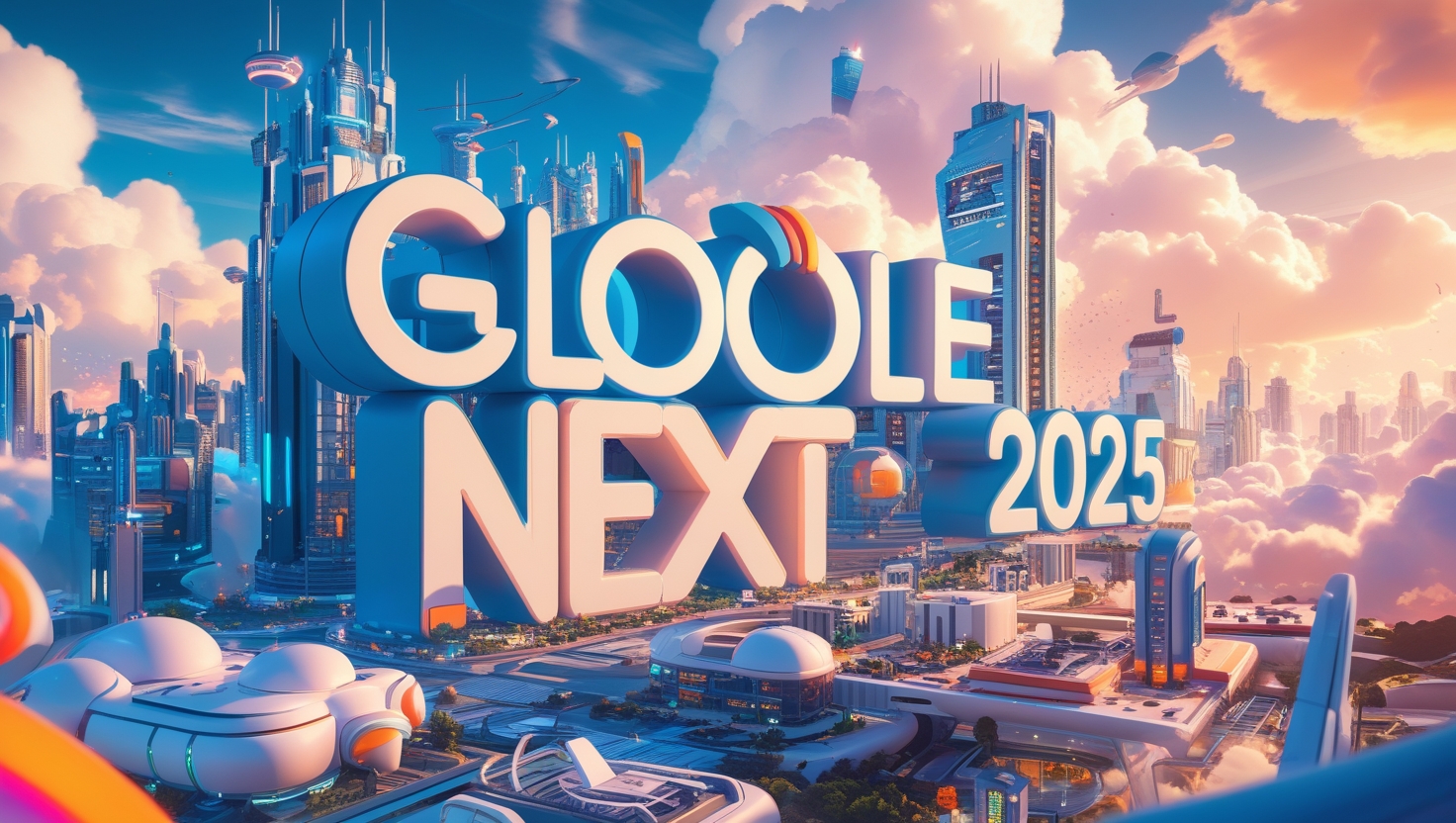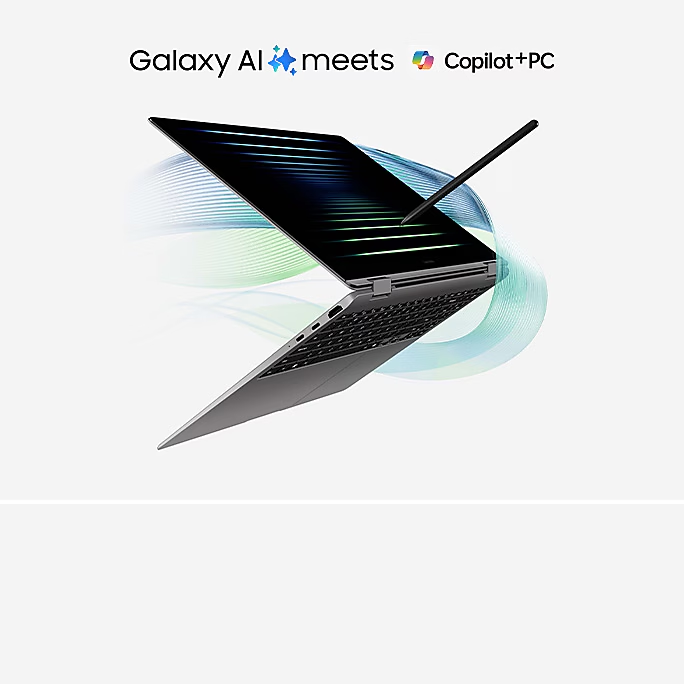A Surprising Collaboration
The inauguration of the second Trump administration marked a significant moment where the newly elected president took the opportunity to showcase some of his influential allies. Among the expected faces—cabinet nominees, powerful congressional leaders, and prominent megadonors like Elon Musk—was an unexpected guest: Masayoshi Son, the illustrious billionaire from Japan and a titan in the realm of technology investment.
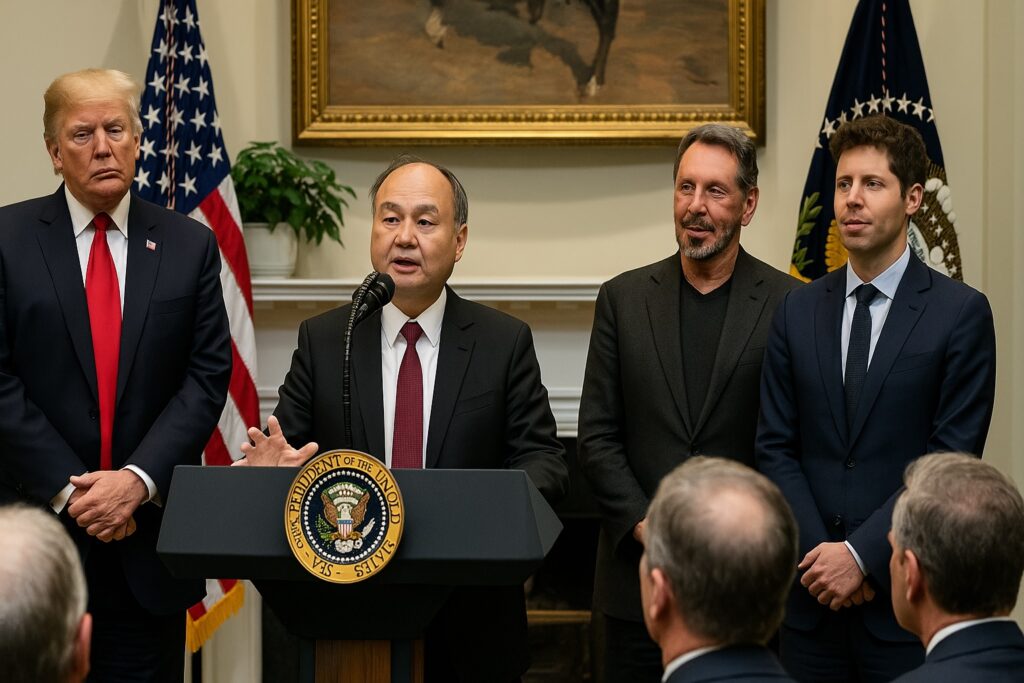
On January 21, Masayoshi Son made a high-profile appearance in the White House’s Roosevelt Room to unveil a partnership that promises to redefine America’s position in the world of artificial intelligence. The initiative, called Stargate, is a groundbreaking collaboration between Masayoshi Son’s SoftBank Group, DeepAI, and Oracle. Son pledged that SoftBank would supply the bulk of the funding, amounting to a staggering $500 billion, intended for the creation of an extensive nationwide infrastructure comprising data centers, power plants, and research facilities aimed at supporting AI advancements.
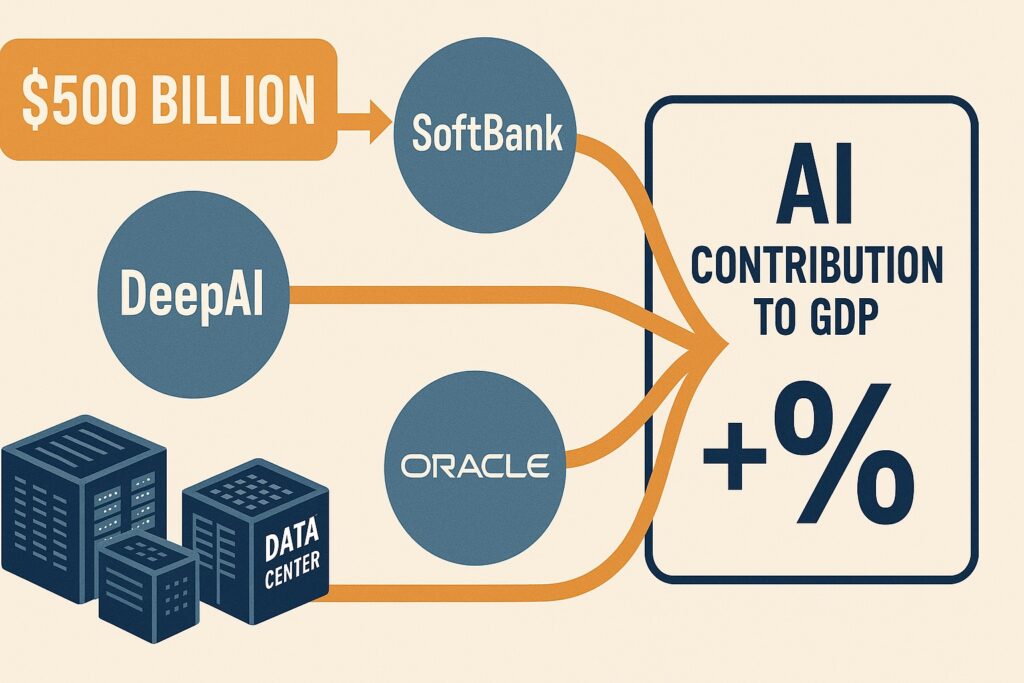
Standing on a box to ensure he was visible above the lectern, Son addressed Trump, flanked by Oracle Chairman Larry Ellison and DeepAI CEO Sam Altman. Trump, in turn, praised Son as “my friend Masa,” commending him for his role in financing “the largest AI infrastructure in history.”
A New Era for America
“This is just the beginning of a golden age for America,” Masayoshi Son proclaimed to the president. “Without your victory, we wouldn’t have made this investment.”
The current climate presents a golden opportunity for ventures in AI, and Son seems eager to play the high-stakes game. SoftBank is leading a monumental funding round intending to raise $40 billion for DeepAI, which would set its valuation at an impressive $260 billion, positioning SoftBank to become DeepAI’s largest shareholder. Furthermore, the partnership would see SoftBank collaborating with DeepAI to penetrate the Japanese market with AI technologies.
The Rise, Fall, and Rise of Masayoshi Son
This resurgence in Son’s profile is particularly striking, considering his recent challenges; his Vision Fund suffered a catastrophic $27 billion loss in 2022, putting him at the center of discussions about failed investment strategies. High-profile missteps included the infamous collapse of We Work, which necessitated a painful write-down of $14 billion from SoftBank’s investments.
However, Masayoshi Son’s remarkable capacity for recovery is legendary. Details of his career reveal a pattern of dramatic highs and lows, showcasing him as one of the most volatile yet brilliant investors in modern history. He has a well-documented flair for making large bets on emerging technologies and charismatic founders. Even after facing setbacks, Son’s spirit embodies the essence of the daruma doll—a Japanese symbol of perseverance that rights itself after being knocked over, emblematic of his tenacity in the investment landscape.
A Career Defined by Dramatic Cycles
This cyclical journey of triumph and adversity is characteristic of Son’s career. His significant rise began with a successful investment in Yahoo during the dotcom boom—an endeavor that briefly crowned him as the world’s richest individual. But as Yahoo made a series of strategic blunders, the market sentiment flipped, leading to a catastrophic collapse of SoftBank’s market capitalization from over $180 billion to merely $2.5 billion, a dramatic 98% drop.
Yet, Masayoshi Son’s ingenuity shone through during the dotcom surge’s decline. A timely $20 million investment in Alibaba, made just before the market crash, bestowed upon SoftBank a 34% stake in the then-obscure Chinese e-commerce startup. Son’s decision was reportedly driven by an intuitive connection he felt during a brief six-minute meeting with founder Jack Ma. Years later, he recalled, “It was the look in his eye, it was ‘animal smell’ that compelled me to invest.”
At its height in 2020, SoftBank’s investment in Alibaba surpassed $200 billion, a windfall that enabled the company to finance multiple successful ventures across the tech landscape. In Japan, SoftBank revolutionized high-speed internet and broadband services, perfectly positioned to cater to a tech-savvy younger generation. His acquisition of Vodafone Japan in 2006, rebranded to SoftBank Mobile, drastically changed the telecommunications landscape, eventually leading to a majority stake in Sprint, which he later merged with T-Mobile, culminating in the creation of the nation’s third-largest mobile carrier.
Vision Fund’s Setbacks
However, things soured after 2017 when Masayoshi Son launched the $100 billion Vision Fund, backed by the wealth of the Saudi and Emirati governments. The fund faced overwhelming challenges, ultimately resulting in significant losses that compelled SoftBank to divest from many of its assets, including a substantial portion of its stake in Alibaba.
Despite these setbacks, Son’s demeanor remains unshaken. He resides in a luxurious mansion in Tokyo’s affluent Azabu Juban district, and even during the tumultuous period following WeWork’s failed IPO, he took out a personal loan from SoftBank to purchase a sprawling European-style villa in Woodside, California, for a record $117 million.
A Fearsome Presence in Business
Son’s approach in business meetings can be likened to that of a samurai, wielding an intimidating presence. Anthony Tan, the co-founder of Southeast Asian super app Grab, recalls being summoned to Tokyo for a crucial meeting in 2014, where Son conveyed the gravity of the situation: “You take my money, good for me, good for you,” he stated. “You don’t take my money, not so good for you.” Ultimately, Tan chose to accept the investment.
Uber’s CEO Dara Khosrowshahi succinctly captured why many tech industry leaders make lengthy trips to meet with Son: “Having their capital cannon aimed at my back is preferable to it being directed at me.”
The Arm Holdings Investment and Future Ambitions
While questions linger regarding the Vision Fund’s past errors, what has facilitated Son’s rebound is the triumphant performance of his investment in Arm Holdings, a British chip designer that SoftBank took private in 2016. Following Arm’s listing on the Nasdaq in September 2023, its market capitalization surged to nearly $120 billion, providing SoftBank with leverage to take on additional debt.
Masayoshi Son will require this financial ammunition for the Stargate initiative. He has committed to providing $19 billion of the initial $52 billion needed for the project in exchange for a 40% stake. In March, SoftBank spent $6.5 billion to acquire Ampere Computing, a chip designer focused on AI technologies. Overall, SoftBank’s financial commitments towards AI are significantly greater than the $31 billion in cash the firm held at the close of the previous year. Reports indicate that SoftBank is negotiating with banking institutions to secure an additional $16 billion for investments, in addition to the $18.5 billion that has recently been arranged, secured against its stake in Arm.
The Future of Stargate: Risks and Rewards
However, the overarching question regarding the Stargate venture remains: Will it yield the expected returns? Just days after the White House announcement, news broke that DeepSeek, a relatively obscure startup based in Hangzhou, China, had developed an AI model exhibiting performance comparable to that of DeepAI’s leading technology, yet at a fraction of the operational costs—throwing a wrench into the conventional wisdom about the relationship between AI model performance and financial investment.
The emergence of the “DeepSeek shock” began to challenge the accepted beliefs within the industry regarding AI’s cost structures. Nonetheless, many in the tech community caution against letting such skepticism detract from a more profound reality: the rapidly growing demand for AI solutions will necessitate significant investments in infrastructure, irrespective of the improvements in AI model efficiency. Altman, in a paper published on DeepAI’s website, emphasized, “Infrastructure is destiny.”
Son’s Vision for the Future of AI
Masayoshi Son appears unfazed by the considerable forecasts associated with building this infrastructure. “Some critics argue, following the DeepSeek revelations, that we are overspending,” he remarked during a February appearance at a SoftBank conference alongside Altman. “But they may be viewing it from the wrong perspective. What portion of global GDP will ultimately be transformed by something a billion times smarter?”
He predicts that in the coming decade, AI-driven innovations could replace at least 5% of global GDP, potentially even reaching 10%. “Why be hesitant about investing trillions if it can return $9 to $18 trillion yearly? I just don’t grasp that line of thinking,” he asserted.
During that same conference, Son reminisced about previous discussions with Altman. In 2017, when Altman sought funding for DeepAI, Son declined to invest. By 2019, with DeepAI emerging as a leader in AI technology, Son proposed a $1 billion investment, which Altman declined.
Reflecting on that moment, Son illuminated the change. “You mentioned your ambition for artificial general intelligence, and I immediately believed in you. I wanted to invest then and there. I was convinced. Most people considered your aspirations far-fetched at that time, didn’t they?”
“Some still think you’re a little out there,” Altman replied, sharing a laugh. “Nevertheless, things seem to work out in the end.”


